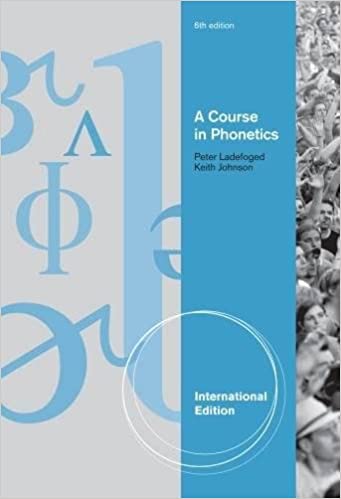 |
Overview of: Introduction to Phonetics with Pronunciation Practicum Professor: Karen Steffen Chung 史嘉琳 NTU: karchung@ntu.edu.tw gmail: feathermountain@gmail.com THIS WEEK |
 |
Fall 2020
Mondays 1, 2 (8:10-10:00am) in 普102
Wednesdays 10, A (17:30-19:20 [5:30-7:20pm]) in 普103
3 credits
Prerequisite: Two semesters of Introduction to Linguistics, or professor's permission
Join NTU Phonetics on facebook
NTU Open Course Ware homepage
CET articles on English pronunciation
CET articles 1-24 in one pdf file
Links to the corrected versions of the exercises
Here is the provisional syllabus for this semester, based on the Fall 2012 syllabus;
it will be updated week to week.
Note that it is subject to change at any time – in fact there will probably be quite a few changes
so we can spend more time on certain topics when needed.
Please report any errors or dead links you notice!
Website for A Course in Phonetics